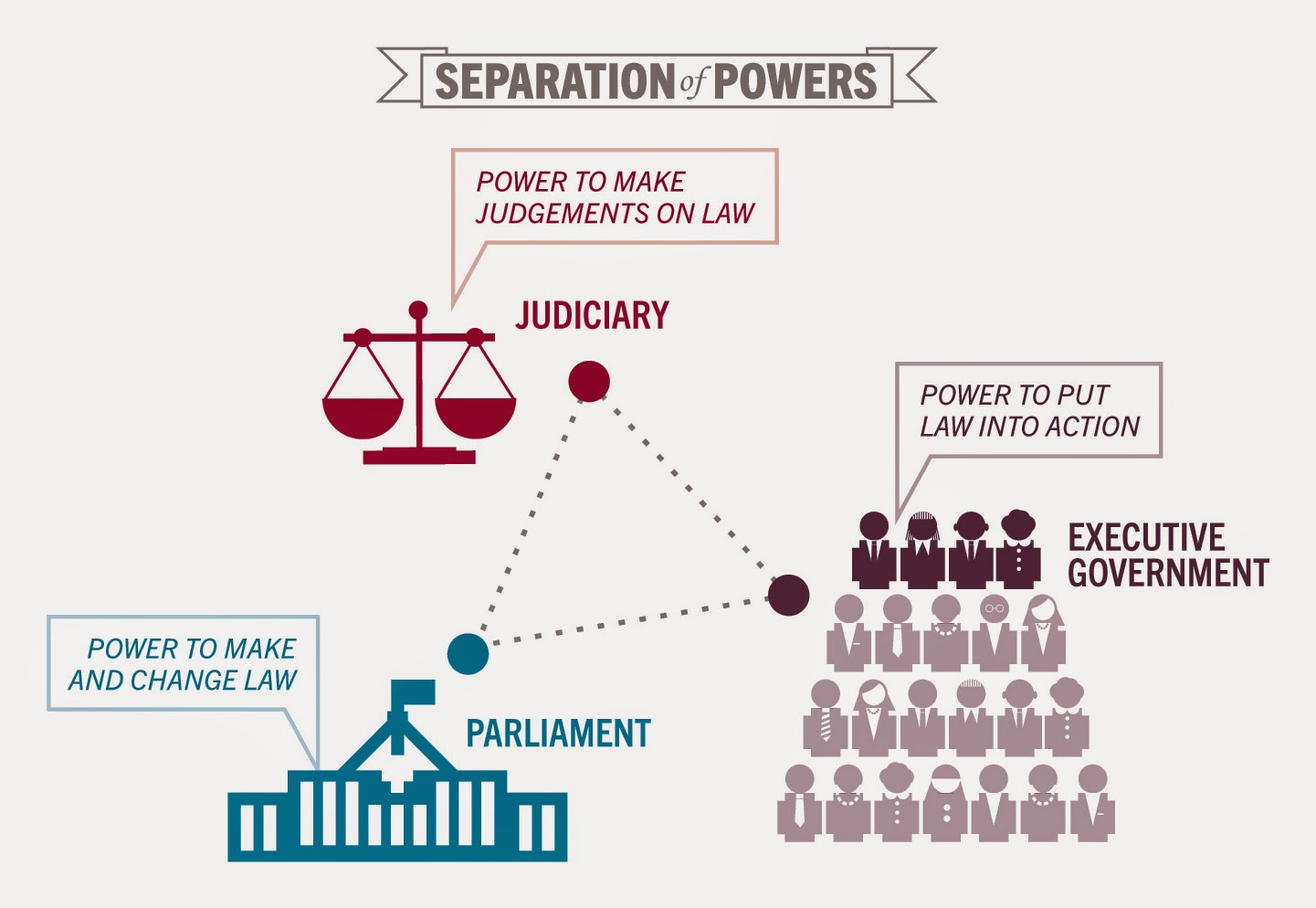Tahir Maqsood Chheena
The separation of powers among the executive, judiciary, and legislature is a fundamental principle of democratic governance, designed to prevent the concentration of power in any one branch of government. Each branch has its own distinct powers and responsibilities, and they are meant to serve as checks and balances on one another.
The recent criticism of the judiciary within the Senate is deeply concerning, as it threatens the delicate balance of power among the branches of government. The use of parliamentary privilege to attack the judiciary, senior judges, and ex-judges is creating a disruptive and potentially dangerous environment. This escalating trend of confrontation could lead to a damaging conflict that the country can ill afford, particularly during this fragile period.
It is troubling that the noise of the ongoing criticism has overshadowed some warnings about the consequences of maligning one branch of the state. The actions of certain legislators, such as Senator Faisal Vawda, who has openly challenged the judiciary and called for action against specific judges, are particularly alarming. This kind of behaviour poses a serious risk of sparking a confrontation that could have long-term negative consequences.
Continued targeting of the judiciary and the repetitive nature of the allegations and contempt notices only serve to fuel controversy and unsettle the country and its key institutions. A more balanced and comprehensive approach is urgently needed to address these issues and prevent further escalation.
It is crucial for all branches of government to respect each other’s boundaries and roles. While lawmakers have the freedom to express their opinions on judgments, discussing the conduct of judges in public should be approached with caution. Alternative avenues for addressing such matters should be explored before making public statements, especially within the upper house of parliament.
Similarly, the judiciary must engage in introspection and exercise restraint. Excessive use of suo motu privilege and resorting to contempt of court notices have raised concerns about the conduct of the judiciary. It is essential for judges to recognize that their authority is best exercised through judgments, and personal sentiments or biases should not interfere with judicial proceedings.
The current situation appears to be caught in a cycle of unproductive confrontation. It is imperative for both the legislative and judicial branches to work towards a more constructive and harmonious relationship, demonstrating respect for each other’s roles and exercising restraint. Failure to do so could have significant implications for the stability and progress of the nation.
The escalating criticism of the judiciary within the Senate is not just a cause for concern, but a potential threat to our nation’s stability. The use of parliamentary privilege to attack not only the institution of the judiciary but also senior judges and ex-judges is creating a chaotic environment that stifles legitimate concerns. This trend, in the midst of our country’s fragile state, could lead to a damaging confrontation that we can ill afford.
The recent actions of Senator Faisal Vawda, who has now become independent after being associated with PTI, are a stark illustration of the problem. His direct challenge to the judiciary and his call for action against Justice Athar Minallah is deeply unsettling. This approach runs the risk of sparking a dangerous conflict that could spiral out of control, with potentially severe long-term consequences.
Regrettably, this is not an isolated incident, but a persistent trend of targeting the judiciary. It is crucial to acknowledge that all institutions have their flaws, and continually making the same accusations and triggering contempt notices will only fuel controversy and unsettle the country and its key institutions. A more balanced and comprehensive approach is urgently needed to address these issues.
As a crucial first step, all institutions must acknowledge the importance of respecting each other’s boundaries. While lawmakers are permitted to express their opinions on judgments, public discussions about the conduct of judges should be approached with caution. Exploring alternative avenues for addressing such matters before making public statements, especially within the upper house of parliament, is not just a suggestion, but a necessity for a harmonious relationship.
Similarly, the judiciary must engage in introspection. Excessive use of suo motu privilege and the perceived unjustified and unnecessary resort to contempt of court notices or the use of harsh language during proceedings have brought the conduct of the judiciary under scrutiny. It is crucial for judges to recognize that their authority is best exercised through judgments, and personal sentiments or biases should not interfere with judicial proceedings.
The current situation appears to be caught in a cycle of unproductive confrontation. To avert further escalation, it is essential for both the legislative and judicial branches to exercise restraint, demonstrate respect for each other’s roles, and work towards a more constructive and harmonious relationship. Failure to do so could have far-reaching implications for the stability and progress of the nation.
















